SUMMARY
This is AI generated summarization, which may have errors. For context, always refer to the full article.
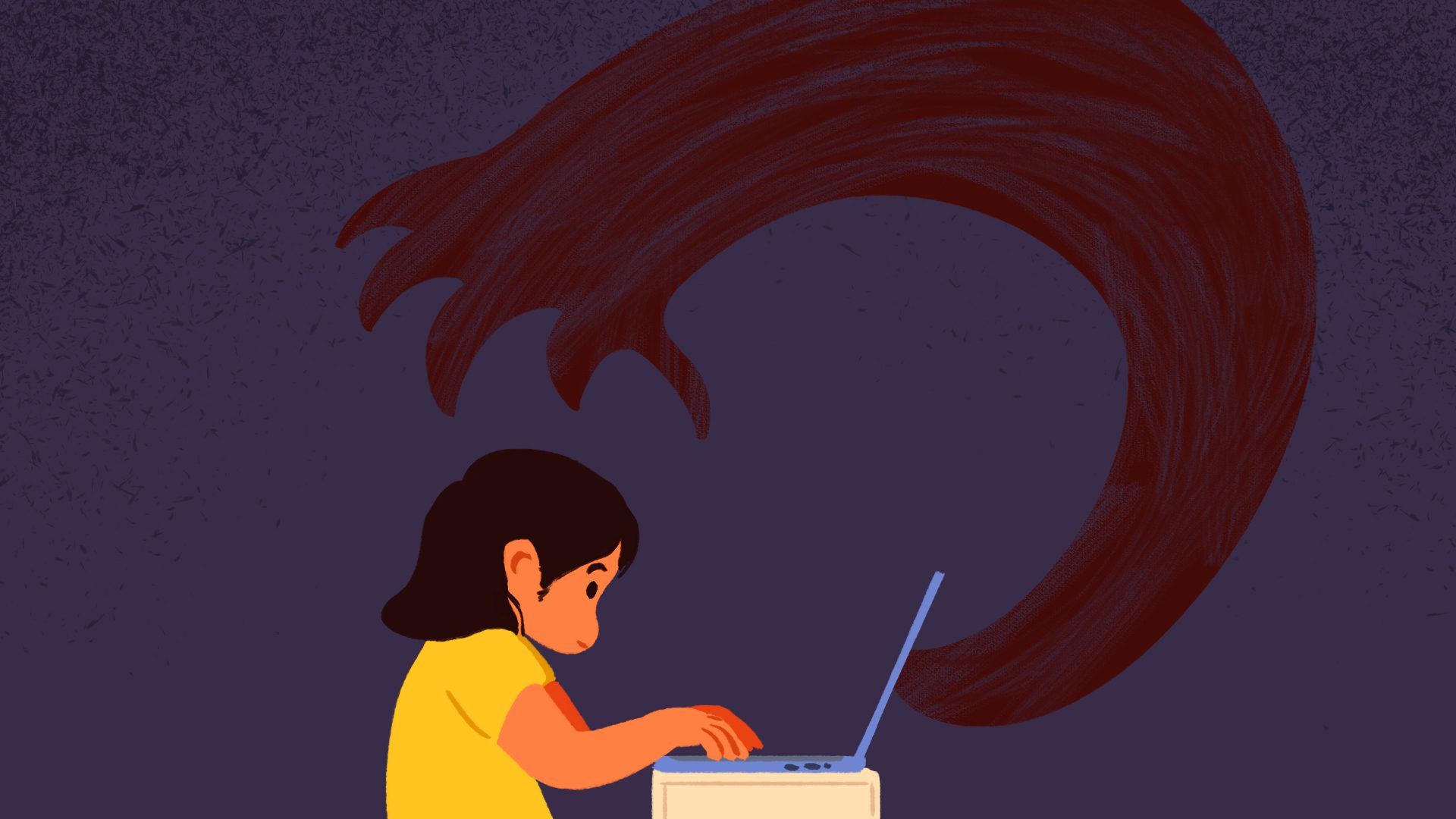
A chorus of criticism may have forced the Department of Education (DepEd) to delay the start of school year, but advocacy groups are concerned about what they called “major failings” in the government’s approach to protecting students from sexual exploitation as they shift to online learning.
With children set to remotely resume schooling on October 5 – combining printed, online, and broadcasted lessons via TV and radio – the Alliance of Concerned Teachers (ACT) said the government has not yet established proper guidelines, safeguards, and tools to adequately shield children from predators in the online realm.
In an interview with Rappler, ACT secretary general Raymond Basillo said the blind spot in DepEd’s plans is particularly alarming, given that the Philippines is regarded as a global hot spot for online sexual exploitation of children (OSEC).
“To this day, we have not yet seen any updated guidelines or fresh mandates to protect our children under the new ‘covid-normal,’” said Basillo.
Rappler sought the comment of DepEd on the proposals put forward by the teachers’ alliance, as well as by a group working against the sexual exploitation of children.
Education Undersecretary Diosdado San Antonio said, “We hope to include a video lecture on child protection during the orientation week ,” or the week before 5 October 5.
Lay out boundaries, limitations
Citing the government’s existing Child Protection Policy (DepEd Order 40. s-2012), Basillo said the existing law is fundamentally outdated and not equipped for the current learning context.
He explained that while the 2012 policy broadly maps out the responsibilities of stakeholders in the school system to protect the child, provisions which specifically lay out boundaries or limitations on children’s online activities are not yet incorporated.
“In the history of our country, we have never facilitated online learning for so many students. It’s a situation where we’ll have children as young as six exposed to the vulnerabilities of the online world, so there needs to be some serious, long conversations around what prevention measures are actually in place,” he said.
He added that while there are state-sponsored online videos and activities focused on cyber safety, it’s simply not enough.
Although the Department of Justice-Office of Cybercrime reported a large spike in child exploitation cases during the initial lockdown in Metro Manila, the average reporting rates of incidences has long handicapped the country’s ability to curb the decades-long crisis. A widespread culture of “victim blaming” silences many children from speaking up to family members or law enforcers.
Risks that students face
The results of a rapid survey of 468 children conducted by ECPAT Philippines from May to June 2020 showed the following:
- 37% connected with strangers via social media sites
- 30% received sexual materials or messages during quarantine periods
- Half of them did not report incidences, and the majority of those who did confided only in their friends
In July, ECPAT also raised the alarm on risks associated with DepEd’s online learning platform, where students could exchange explicit content with strangers without teachers being aware.
Concerns were also flagged regarding students potentially being groomed by rogue teachers during one-on-one chat sessions, without the knowledge of busy parents who are unable to track their child’s learning activities.
Such concerns have surfaced amid a torrent of complaints on social media of alleged sexual harassment of students at the hands of teachers and faculty members.
And while some fears around children’s online exposure may be allayed with reports that 8.8 million parents chose “printed modules” as their preferred teaching method for the new school year, Basillo of ACT says this is not an opportunity to dodge the issue at hand.
“Even though many students are opting for printed formats, they are not completely immune from exploitation,” he said.
“The various remote learning modalities – online, printed, and TV/radio-based instruction – share an important deviation from the traditional face-to-face classes in that they’re all significantly reduced in length, frequency, and quality of teacher-student interaction, thereby compelling learners to bridge gaps through online research,” Basillo added.
“During those moments, anyone can unwittingly wander into dodgy parts of the web or be targeted by groomers,” he said.
What can be done?
Based on focus group discussions recently conducted by ECPAT Philippines, the organization’s Jenna Serrano says secondary and primary school teachers need an updated DepEd Child Protection Policy and manual that are aligned with the “new-normal,” as well as an awareness drive on it’s implementation. Such an undertaking should come after a congressional inquiry into the issue.
Serrano says that among the key provisions in the DepEd order that need specifics are:
- The kind of interactions between student and teacher
- Limitations to the students’ online access
- The parent’s role in monitoring student’s online activities
- Reporting mechanisms available to victims
Basillo and Serrano agree that incorporating “online protection” into DepEd’s Child Protection Committee functions is critical to bolstering the government’s approach for the new era in learning. This would mandate the CPCs of public and private schools to roll out customized online protection measures based on the unique needs of their respective student cohorts.
Teachers also suggested that students participate in crafting the guidelines to ensure their rights will be respected in the new learning modality. Serrano said, “As a signatory of the United Nations Convention on the Rights of the Child, it’s our duty to protect children’s rights through responsive policy and programming.”
Basillo says that, at a bare minimum, DepEd must dedicate the first week of classes to laying the foundations for online safety and child protection.
“On October 5, every student, teacher, and parent needs to be discussing this before any pencil even touches paper” Basillo said.
“If we don’t, children will be walking into the new school year blindfolded. The responsibility to ensure the safety of children primarily falls on the state, whose bungled response to the unprecedented health crisis and failure to uplift the people’s socio-economic conditions forced us to resort to distance learning in the first place,” he added. – with a report from Bonz Magsambol/Rappler.com
Add a comment
How does this make you feel?
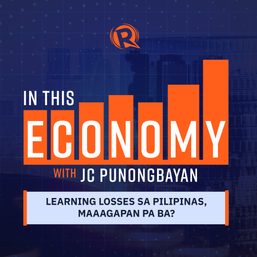
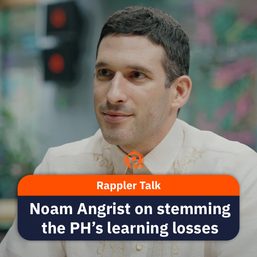
![[EDITORIAL] Ano sana ang takeaway ni Sara Duterte sa firesale ng mga laptops?](https://www.rappler.com/tachyon/2023/05/animated-DEPED-laptop-fiasco-carousel.jpg?resize=257%2C257&crop_strategy=attention)
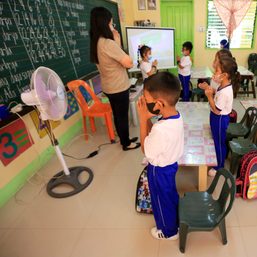
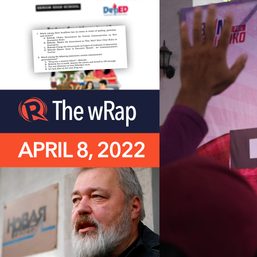

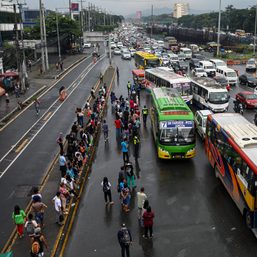
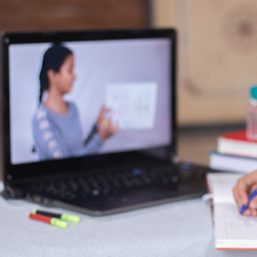
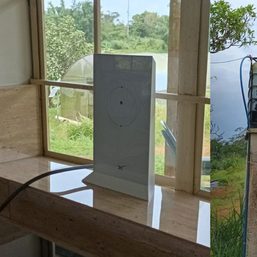
![[New School] Regrets and redemption: Notes of a pandemic-time, graduating college senior](https://www.rappler.com/tachyon/2023/05/regrets-redemptions-notes-may-28-2023.jpg?resize=257%2C257&crop=448px%2C0px%2C1080px%2C1080px)
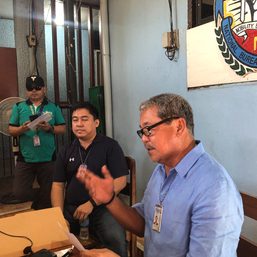
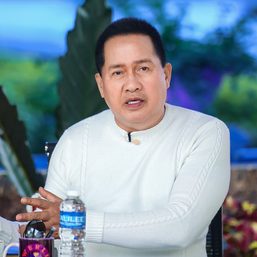
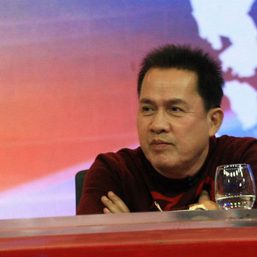
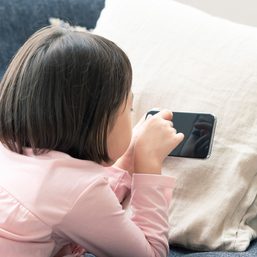
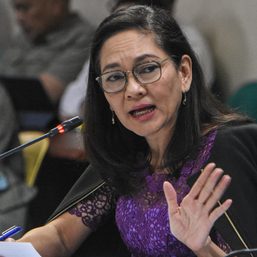
There are no comments yet. Add your comment to start the conversation.